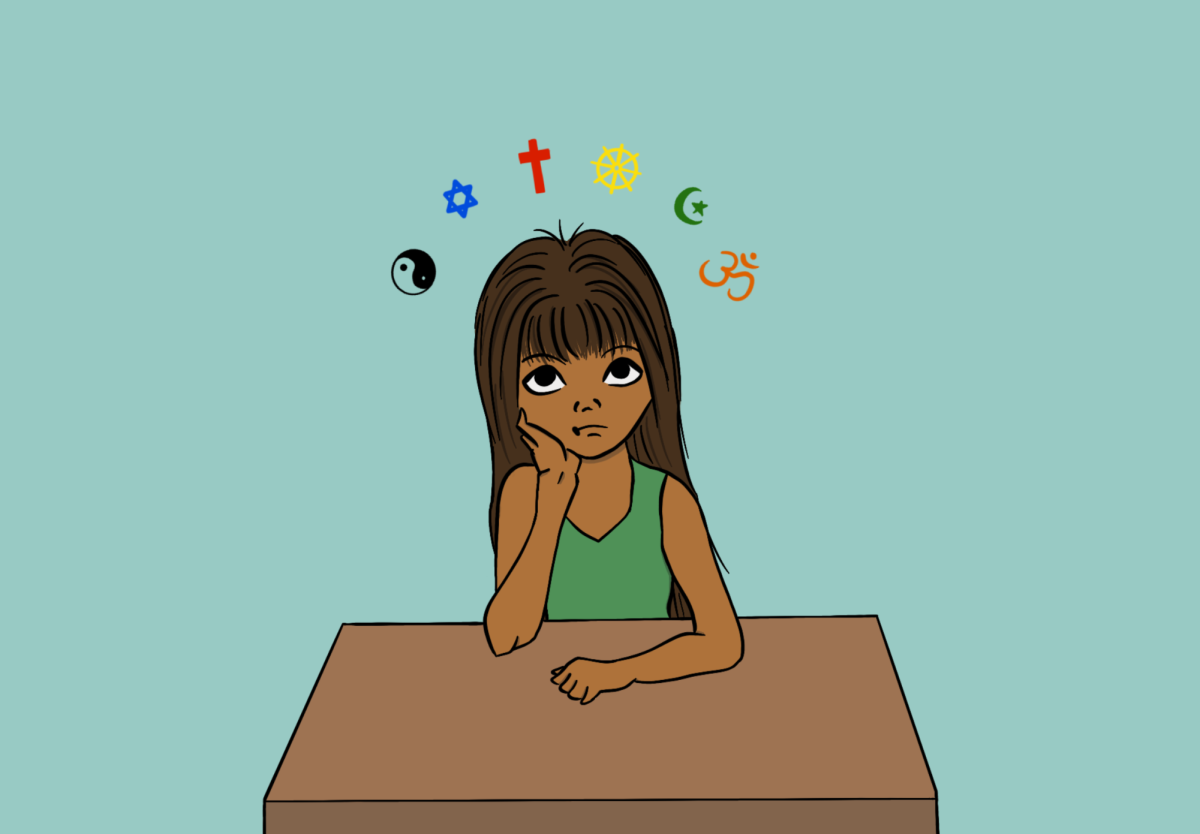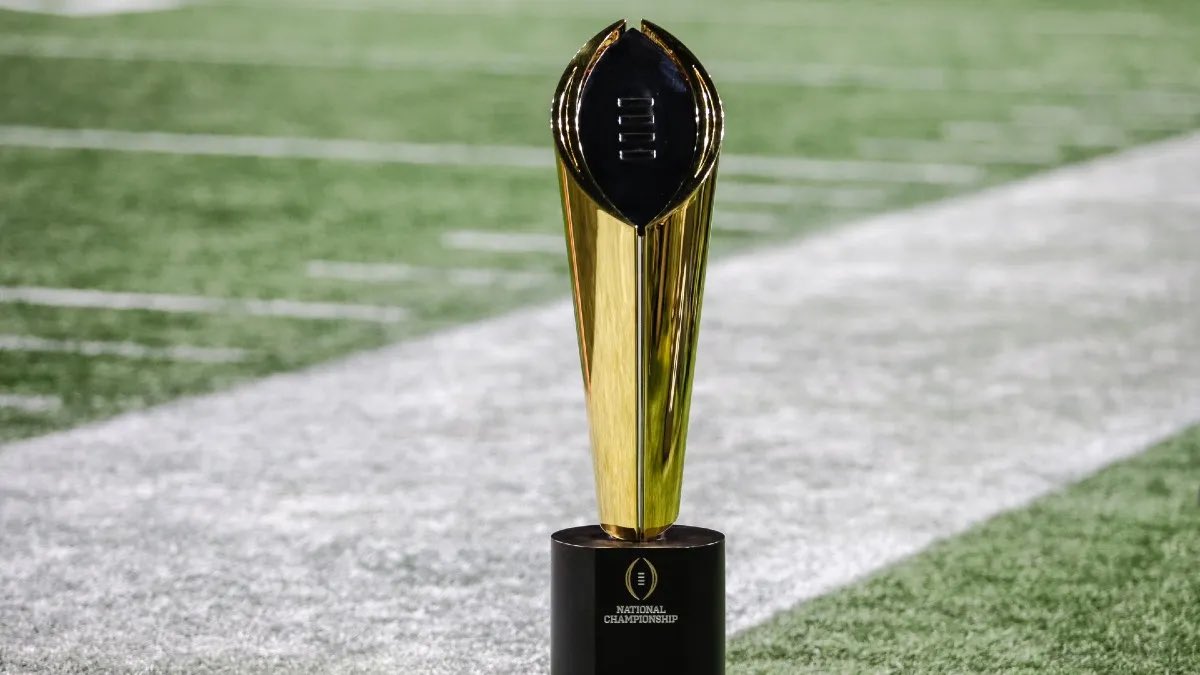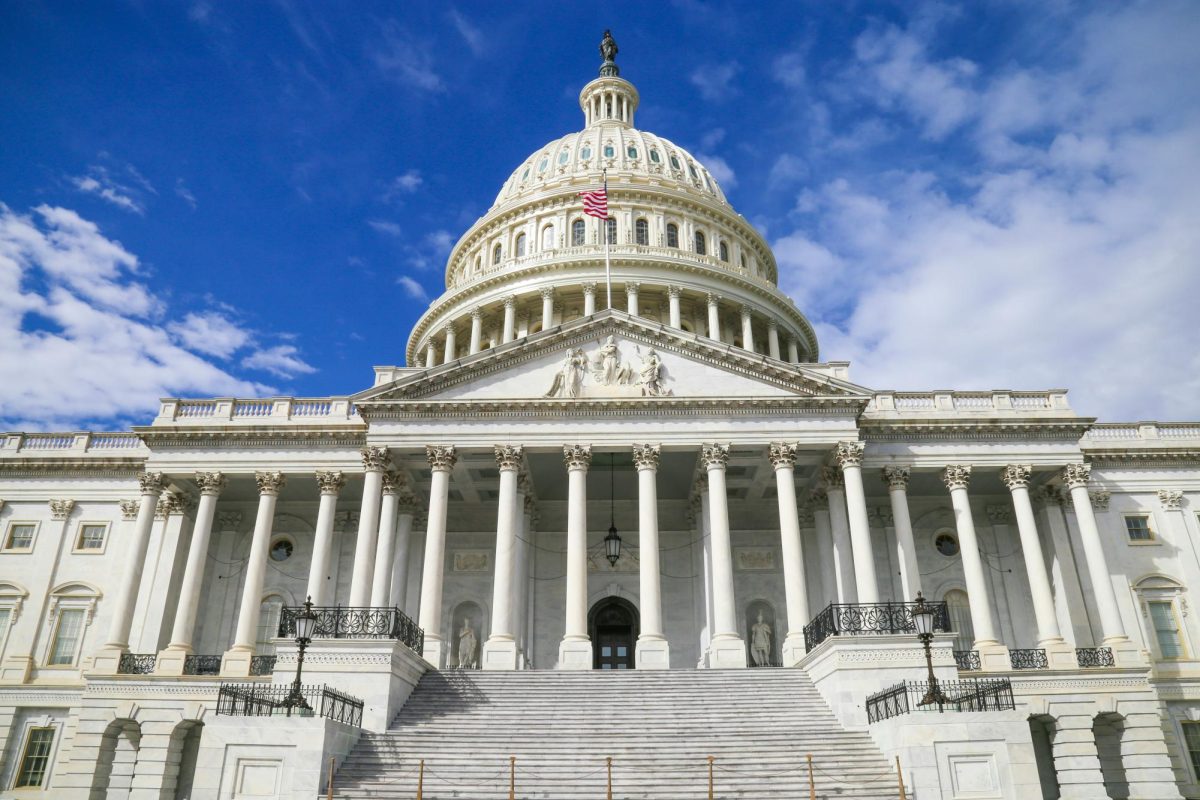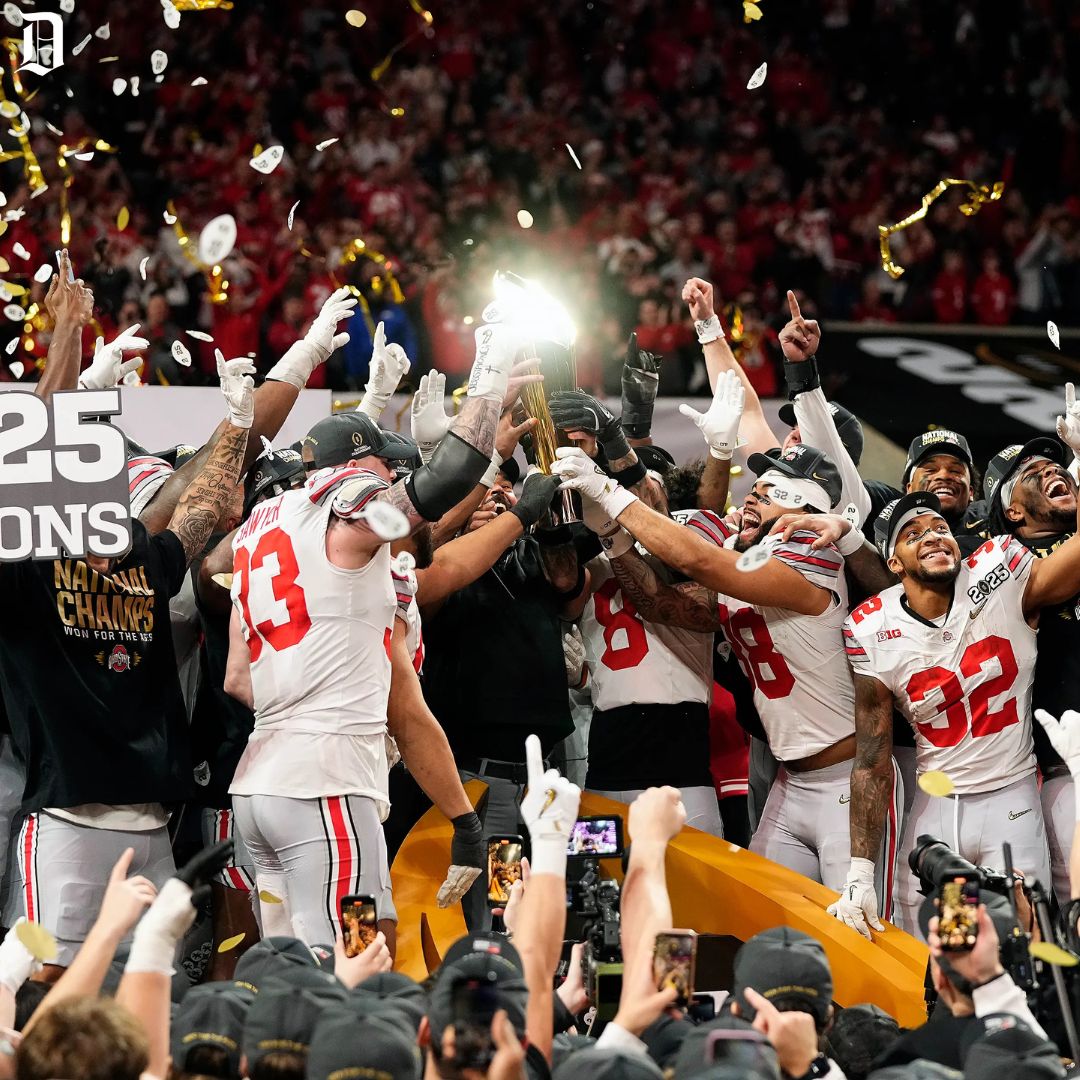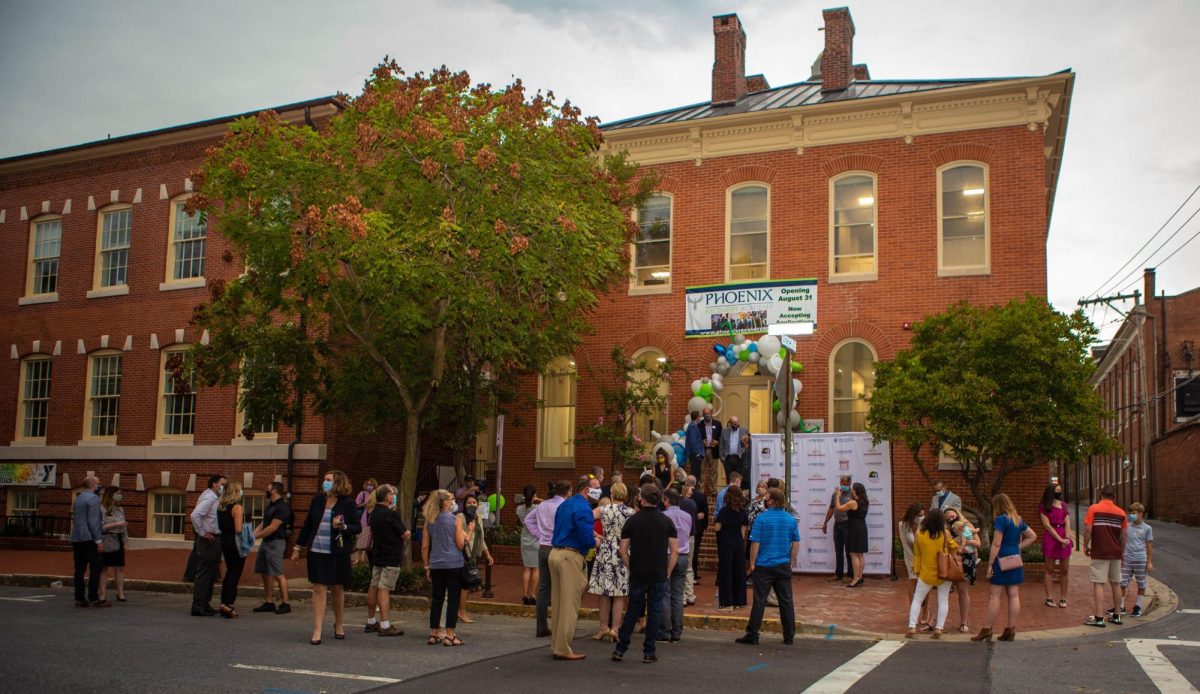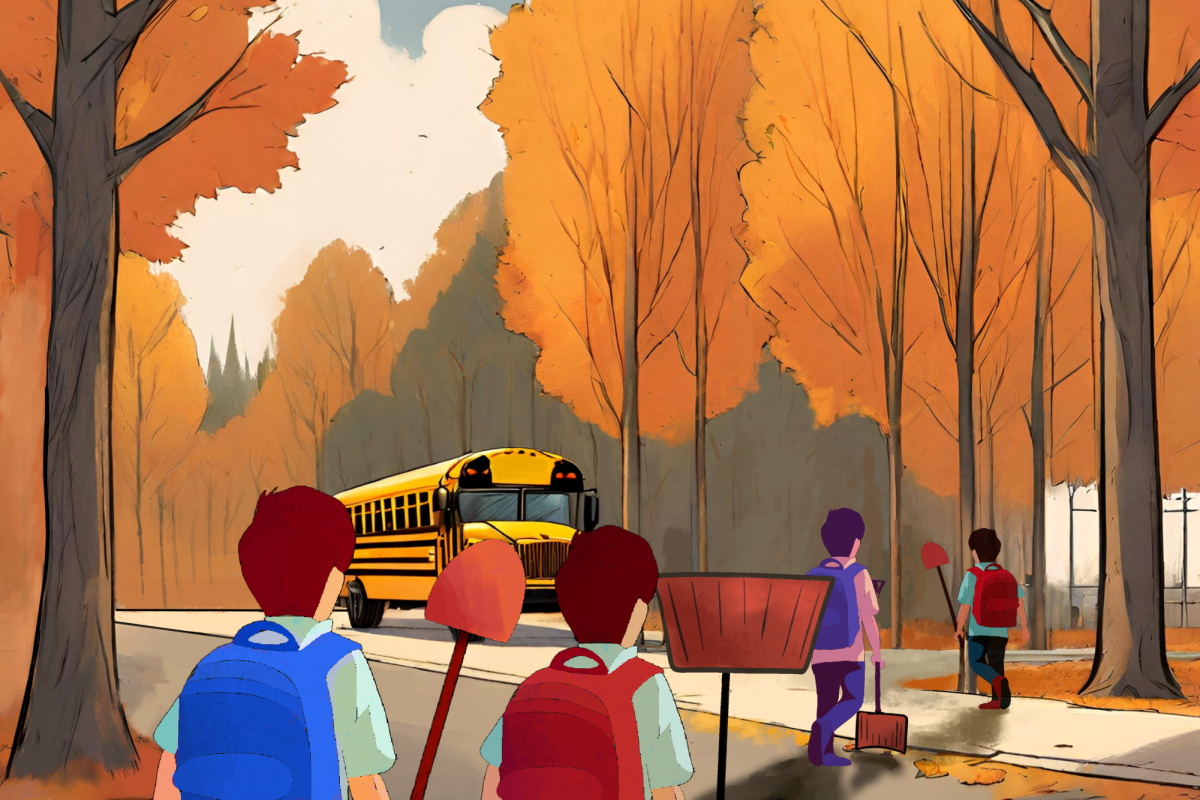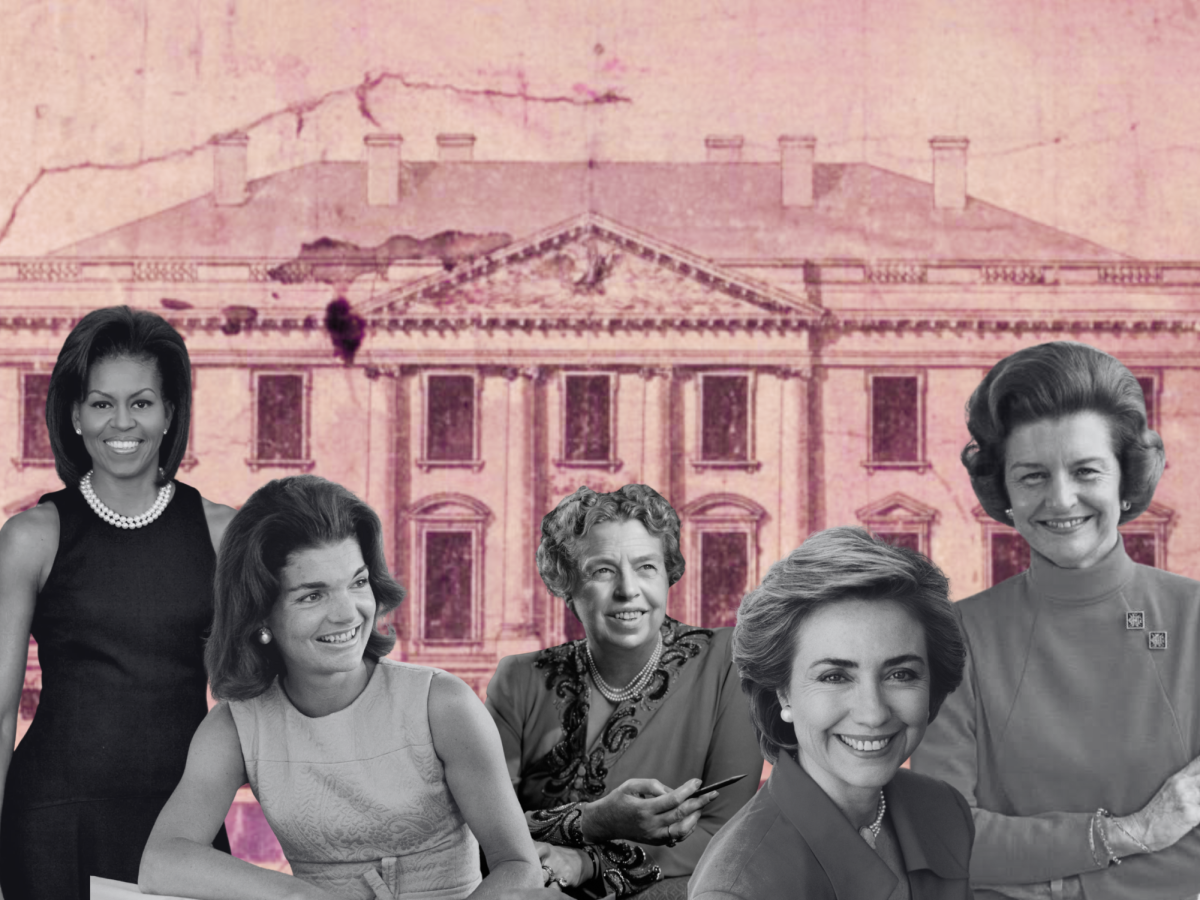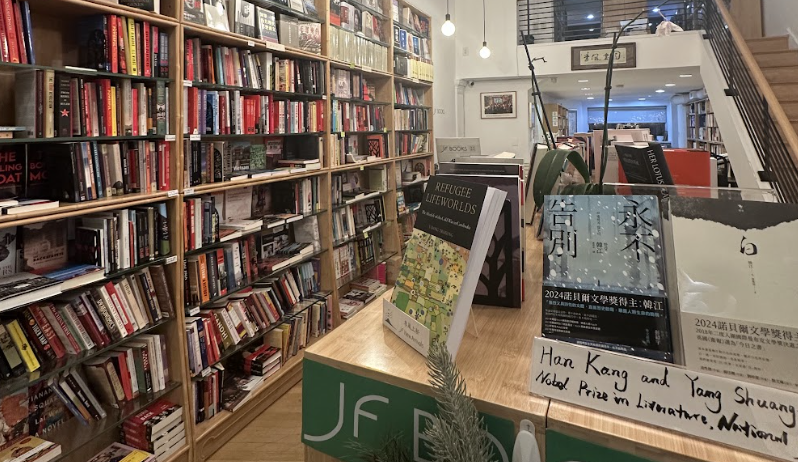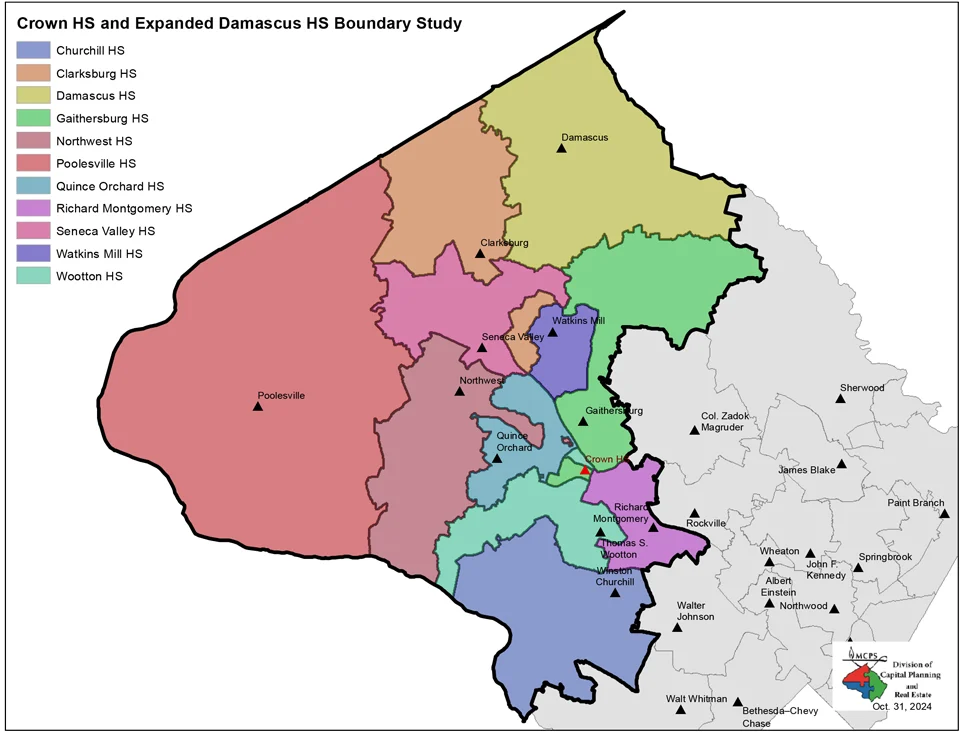Religion has impacted almost every aspect of human behavior. Whether it’s how people incorporate their values and morals into their everyday lives or mealtime traditions, belief systems influence nearly everyone’s lives. Understanding a person’s motivations for their actions means being aware of their core principles and, more importantly, the ideology they stem from.
Religious motivations have driven many major historical events, so to comprehend the workings of the world, students need to understand what makes religion so relevant in society, both now and in the past. Whether as an exploration of how divinity affects art or world history, MCPS must dedicate a class to theology.
While there certainly are classes at Whitman that touch on theology, students will only get an encompassing education if a class is dedicated to understanding other perspectives. A comprehensive view would teach the historical significance of religions in a more developed sense. Rather than only knowing the founders of a religion, students could understand the context in which the doctrine spread and developed, the basic stories within the faith and more.
AP History teacher Abbie Lamb, who has taught both U.S. and world history courses throughout her career, reflected on the importance of religious understanding within an academic setting.
“When looking at different societies and cultures, an aspect that will always be there is what belief systems influence their culture,” she said. “For example, you cannot understand the social structure and systems in India without knowing about the caste system. The caste system is tied to Hinduism, which influences what you’re going to talk about.”
Religion is often a motivation for conflict, though at the same time, the world is less spiritual than ever, according to a 2024 poll. Only about 45% of Americans say religion is very important to them, a decrease from 70% in 1965. Though less religious, the United States is the most divided it has ever been over religion-related issues. Affiliation-based hate crimes are increasing due to stereotypes that arise from generalizations and a lack of foundational knowledge about other perspectives.
Several history classes at Whitman teach the basic principles of major religions, one of which is AP Art History, taught by Courtney Chick. The class material includes references to Hinduism, Islam and Christianity. As the Catholic Church sponsored most European art, many European pieces examined in the class have heavy ties to religion. Students cannot analyze “The Last Supper” by Leonardo Da Vinci, for example, without a basic understanding of the Christian faith. Chick believes that knowledge of religion is crucial for students and their lives after high school.
“I think it broadens your worldview and perspective,” Chick said. “Whether [students] go off to college or into the workforce, they’re going to meet individuals who come from different backgrounds and religions.”
Professor Quinn Galbraith studies interfaith interactions at Brigham Young University. His research includes interviews of highly religious individuals from different faiths and their experiences with religion-based hate. One of his many studies concluded that knowledge and understanding of other affiliations are the biggest promoters of religious tolerance. Inversely, religiously motivated violence is also a direct effect of the lack of interfaith interactions.
“It is imperative that religious groups form interfaith communities where they can talk about common concerns and share what they have in common,” Galbraith said. “When you meet and get to know someone in person, you naturally can empathize and understand their perspective better.”
A theology class would elevate high school students’ understanding of the fundamental beliefs of religions that impact current society while promoting religious tolerance through a more developed comprehension of faith.
Sophomore Hugh Golub, President of Whitman’s Christian club, “Young Leaders in Christ,” shared similar sentiments and explained what he believes to be a solution to intolerance.
“The best way for people to accept other religions and cultures is to learn about them and experience them directly,” Golub said.
The term “religious illiteracy,” coined by The National Council for Social Studies, refers to ignorance regarding the religious and cultural norms of different groups. This lack of knowledge is avoidable; open conversations about religion and its impact on the world through a theology class could curb the unfortunate trend of increasing religious intolerance and hate.
Sophomore Renia Ahmed, Co-President of the Muslim Student Association, expressed frustration with people not looking beyond surface-level assumptions to get to know their Muslim peers.
“Hate stems from a lack of knowledge and stereotypes,” she said. “For Islamic culture in particular, a lot of people only see the Twin Towers, al Qaeda and Iran backing terrorist groups.”
Generalizations about religious cultures are extremely damaging and can only be fixed by an actual understanding of the culture. When comparing doctrines, it’s easy to focus on their differences, but knowing their similarities is just as important.
“If you look into the scriptures of any religion, you’ll find that most of them are all about love at the core,” Golub said. “I think that that really can’t be taken the wrong way.”
A theology class would not implement religious texts into the general curriculum, respecting the secular nature of public schools— the same way English classes should not teach the Bible as literature, nor should school speakers read from the Quran. However, Whitman should provide more opportunities for students to learn about different religions and their histories. To curb the warranted concern about biased teachers, MCPS will need to thoughtfully consider the curriculum and staffing if it decides to implement the class. When MCPS creates and develops the curriculum, it must include aspects of every culture with perspectives from researchers and the faithful from every walk of life.
Religion is ingrained in culture— nobody can deny this. MCPS must embrace this truth as a school system and educate youth accordingly.
“I think religion is infused in so many elements of culture, literature, television, fashion, and so on,” Lamb said. “[A theology class] can take that lens and apply it to a lot of different situations, and that could be really cool.”



